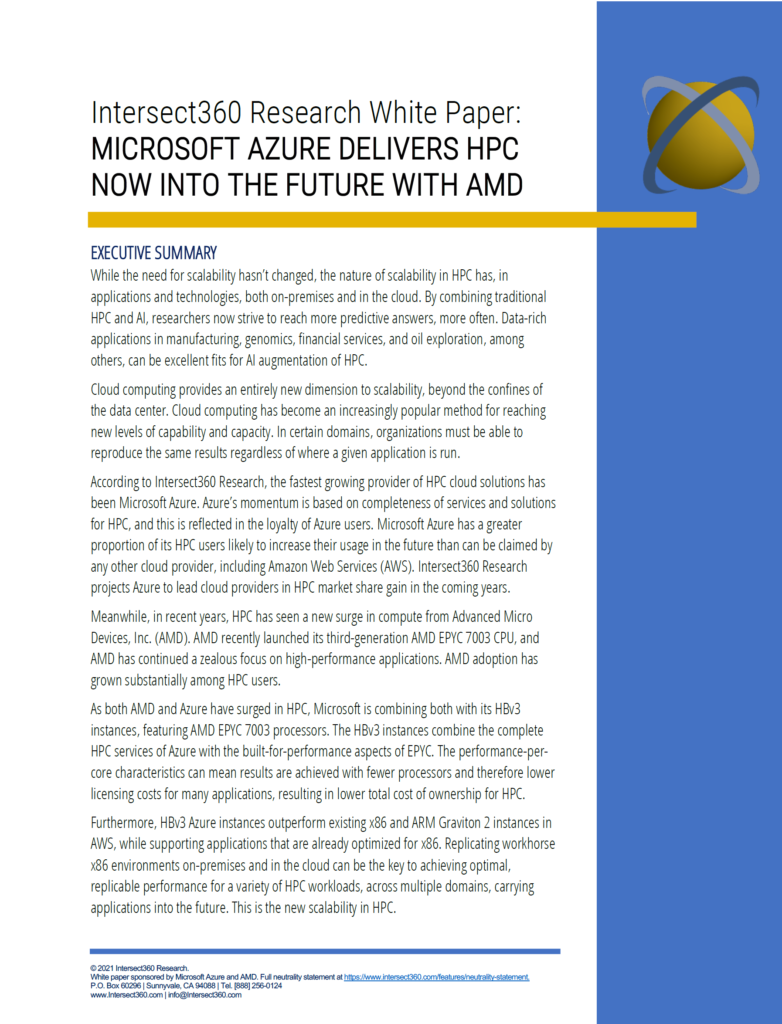Today Red Hat announced that it has signed a definitive agreement to acquire Gluster.
The explosion of big data and the new paradigm of cloud computing are converging, forcing IT to re-think storage investments that are cost-effective, manageable and scale for the future,” said Brian Stevens, CTO and vice president, Worldwide Engineering at Red Hat. “Our customers are looking for software-based storage solutions that manage their file-based data on-premise, in the cloud and bridging between the two. With unstructured data growth (such as log files, virtual machines, email, audio, video and documents), the 90’s paradigm of forcing everything into expensive, single-system DBMS residing on an internal corporate SAN has become unwieldy and impractical.”
So what’s this really about? Sources tell me its likely a defensive acquisition by Redhat against Oracle, and that we can expect to see more of deals like this soon.
A number of hpc and big data shops are running Gluster. It’s actually more popular outside of traditional HPC than within it (the reverse of Lustre), and its growing pretty rapidly.
httpv://www.youtube.com/watch?v=eWIEA3f4y44
Want to know more about Gluster? In this video, Tom Trainer and John Kreisa talk with Rich Brueckner of insideHPC about how Gluster delivers scale-out, open source storage solutions for standardizing the management of unstructured data.
Over at Scalability.org, Joe Landman sees this move as a good thing, but notes that there are other solutions out there like Ceph that are getting traction:
I do expect that Ceph will be the main competitor to Gluster going forward (in about a year or so) … and I’d argue that they (Dreamhost) would make one helluva acquisition target (Oracle, Redhat, etc.) . I wouldn’t put Lustre in this same category … the use case and scope for that is mostly different than Gluster. There is overlap, but it works to Gluster’s advantage.
We talked to Ceph’s Chief Archtect, Sage Weil over at Dreamhost a few weeks ago, and you can check out that podcast here. Dreamhost is one to watch.




